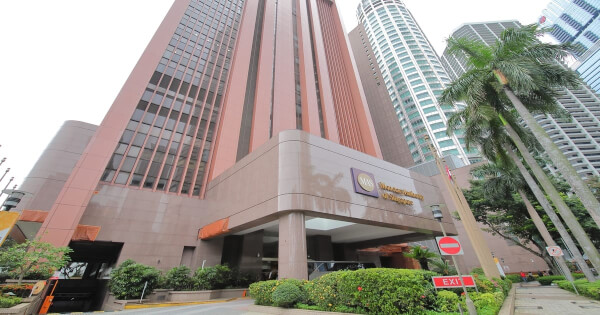On December 4, the Singapore government announced its ambitious National AI Strategy 2.0, building on the first AI strategy introduced in 2019. This updated strategy outlines a comprehensive roadmap for the next three to five years, aiming to position Singapore at the forefront of AI. Innovation and application.
The revised strategy emphasizes a three-pronged approach targeting important social aspects: drivers of activity, people and communities, infrastructure and the environment. It is a systematic effort that includes 10 levers and 15 action steps to effectively orchestrate the AI ecosystem.
Central to this strategy is a significant expansion of AI talent. Singapore plans to more than triple its pool of AI practitioners to 15,000. This ambitious goal is supported through enhanced AI training programs, AI apprenticeship programs, and collaboration with industry AI teams. The government also plans to foster a vibrant, innovation-driven AI community within Singapore by attracting global AI talent.
A new addition to this strategy is the creation of an ‘iconic’ AI site designed as a hub for AI creators and practitioners. The site is not only a physical space for collaboration, but also a symbol of Singapore’s commitment to becoming a global AI leader.
Singapore Deputy Prime Minister Lawrence Wong acknowledged the rapid progress in AI, especially in the field of generative AI, highlighting the transformative potential of AI systems with agency and transactional capabilities. This strategy reflects the understanding that AI will fundamentally transform social structures and ways of life, requiring a proactive and forward-looking approach.
This strategy recognizes global competition for AI resources and the need for responsible development and deployment. It aims to position Singapore as a leader in AI, while balancing innovation and creating a regulatory environment conducive to ethical and sustainable AI development.
NAIS 2.0 represents a shift from specific AI projects to a more systematic integration of AI across various sectors. The strategy outlines 15 actions across areas such as industry, research, infrastructure, regulatory environment and international partnerships. These measures aim to develop ‘best-in-class’ AI fields and enable businesses and individuals to use AI with confidence.
The government’s commitment extends to significant investments in adult education and training, aimed at reskilling and upskilling workers for a future intertwined with AI. This is complemented by high-performance computing power, efforts to increase access to data, and the development of privacy-enhancing technologies for secure data sharing.
The release of NAIS 2.0 coincided with the first Singapore AI Conference, which brought together more than 40 experts. This event highlights Singapore’s commitment to shaping the global discourse on AI and its applications.
Image source: Shutterstock

